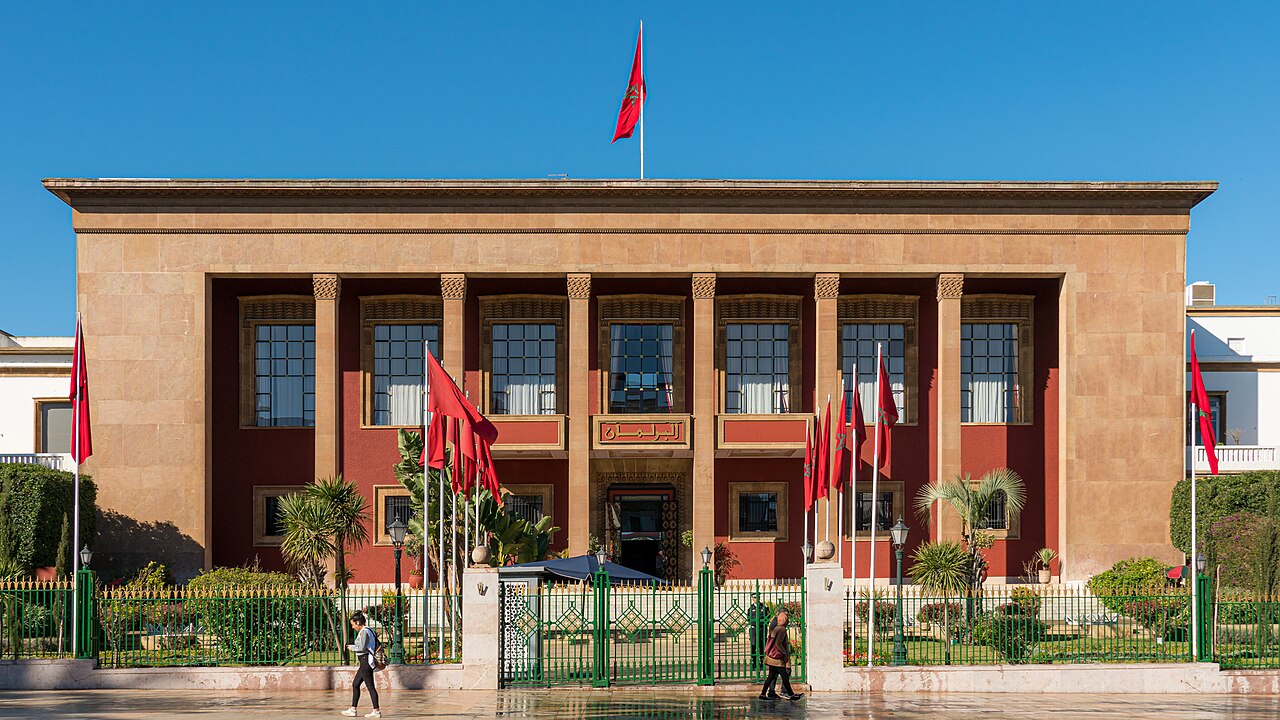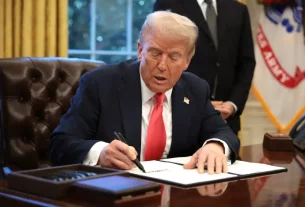Casablanca/Rabat, 9 October 2025 — Youth-led protests swept through Morocco on Thursday, with demonstrators calling for sweeping reforms and the resignation of Prime Minister Aziz Akhannouch, a day before King Mohammed VI is expected to deliver his annual address to parliament.
The rallies, organized by the Gen Z 212 movement, drew crowds in Casablanca, Rabat, Tangier, Agadir, and Fez, despite a midweek pause intended to conserve momentum for this final show of strength. Protesters carried banners denouncing corruption, underfunded hospitals, and failing schools, while criticizing government spending on preparations for the 2030 FIFA World Cup.
Roots of the Movement
The demonstrations began in late September after the deaths of eight women in a public hospital in Agadir, a tragedy that ignited anger over the state of healthcare. Since then, the protests have grown into a nationwide movement demanding:
- Dismissal of the government and ruling parties accused of corruption
- Greater investment in health and education
- Release of political detainees
- A national forum to address systemic corruption
The movement, largely coordinated through TikTok and Discord, has amassed more than 200,000 followers online, reflecting the growing influence of digitally organized activism in Morocco.
Government and Royal Response
Authorities have attempted to ease tensions by pledging reforms, including investments in healthcare and education. However, protesters remain unconvinced, accusing officials of prioritizing prestige projects over citizens’ needs.
King Mohammed VI, who rarely intervenes directly in day-to-day politics, is expected to address the grievances in his speech to parliament on Friday. Protesters have appealed directly to him, framing their demands as a call for the monarch to act as a guarantor of justice and reform.
Rising Tensions
Rights groups report that at least three people have died and hundreds have been arrested since the protests began. Demonstrators accuse security forces of heavy-handed tactics, while the government insists it is committed to maintaining order.
Despite the risks, protesters say they will continue mobilizing until meaningful reforms are enacted. “We won’t be silent anymore,” read one banner in Casablanca, while others depicted ministers as symbols of corruption.
Outlook
The king’s address is seen as a pivotal moment. Analysts suggest that his response could either defuse tensions by signaling reforms or fuel further unrest if protesters feel ignored. For many young Moroccans, the speech represents not just a political milestone but a test of whether their demands for dignity, accountability, and opportunity will be met.
Moroccan-Parliament-Building-Rabat-by-Fernando-Pascullo
Sources: ABC News [1]; Morocco World News [2]; Al Jazeera [5].



